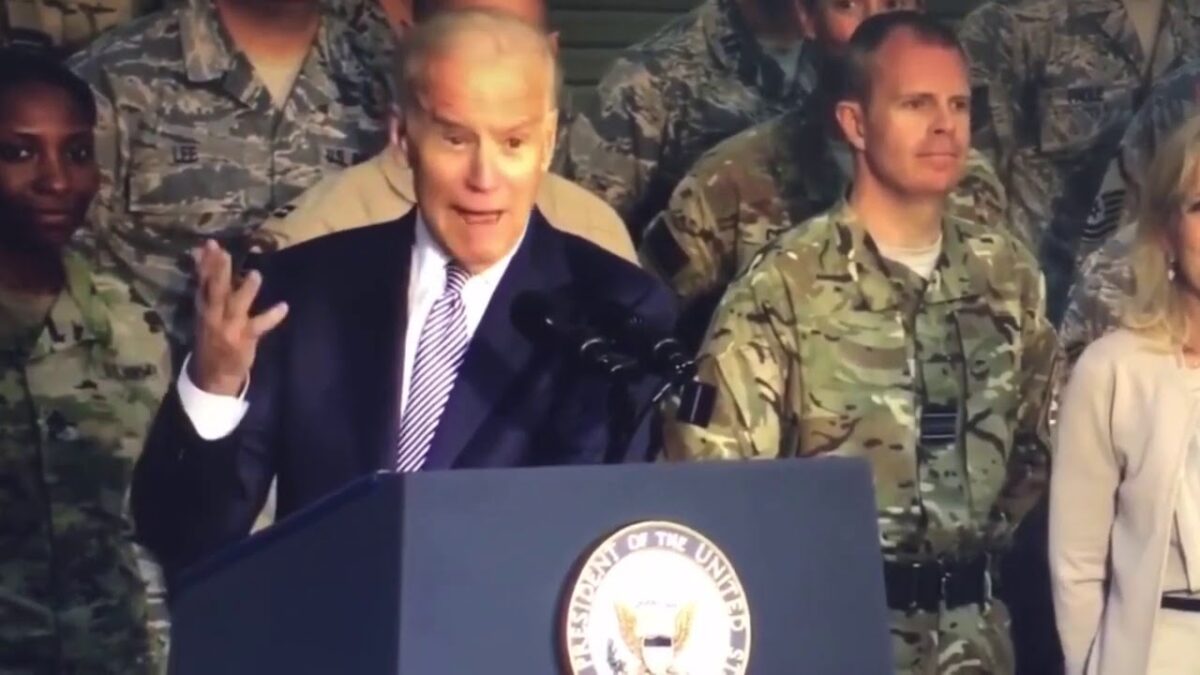The Biden administration’s refusal to approve a proposal for a significant pay raise for U.S. troops, as part of the wider H.R. 8070 bill, has sparked widespread criticism and disappointment among military personnel and advocates.
Proposal Rejection
The rejected legislation, known as the “Service-member Quality of Life Improvement and National Defense Authorization Act for Fiscal Year 2025,” sought to authorize appropriations totaling $884.9 billion for the upcoming fiscal year. These funds were meant to support various defense activities and military functions, including a provision for an increase in troop pay – a provision that failed to secure approval from the administration.
H.R. 8070 Bill Breakdown
The Congressional Budget Office (CBO) reports that H.R. 8070 designated $883.7 billion towards military functions and an extra $1.2 billion for non-defense activities in 2025. The bill set forth active-duty and selected-reserve personnel levels, extended different bonuses and allowances to military staff, and proposed changes to compensation and health benefits for service members and their families.
No servicemember should ever struggle to feed their family or afford housing.
The FY25 #NDAA will boost servicemember compensation w/ a 15% pay raise for junior enlisted servicemembers, expand allowances for housing & food, & improve the cost of living calculation. pic.twitter.com/X3Hmw4mH66
— Armed Services GOP (@HASCRepublicans) April 11, 2024
Pay Raise Proposal vs Budget Constraints
A central feature of the bill was a proposed monthly basic pay increase for junior enlisted members of the uniformed services. The CBO projected that this pay rise would cost $24.4 billion over the period from 2025-2029. Despite these estimates, financial feasibility concerns due to current budget constraints led the Biden administration to deem the proposed pay raise unviable.
Public Outcry
The decision has been met with strong criticism from various quarters. Military advocates maintain that such a pay raise is crucial in preserving morale and fairly compensating service members for their sacrifices. Critics also contrast the administration’s substantial financial support for Ukraine, currently engaged in conflict with Russia, with its domestic troop support.
Implications and Wider Concerns
The apparent disparity between domestic troop support and international aid has fueled debates regarding the administration’s priorities. Many service members facing financial difficulties view the pay raise rejection as a clear betrayal. This controversy underscores broader issues pertaining to national defense budgeting and resource allocation, leading to calls for a reevaluation of fiscal policies affecting America’s armed forces.
Source: The Right Briefing


Leave a Comment